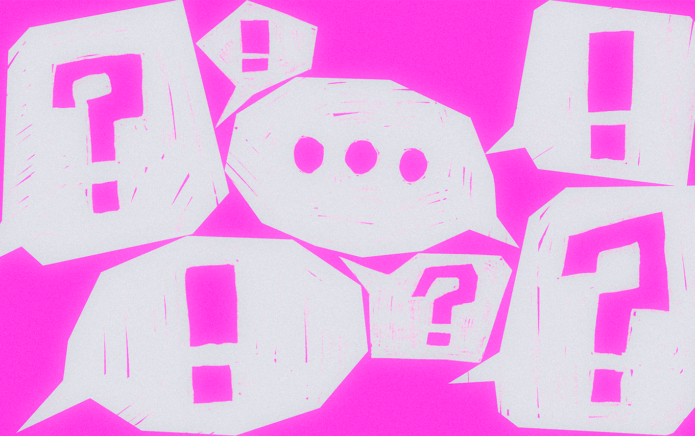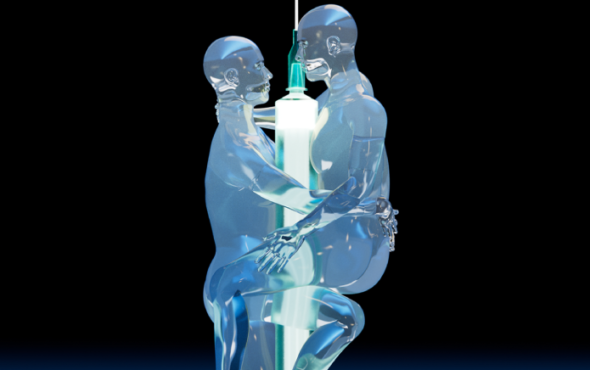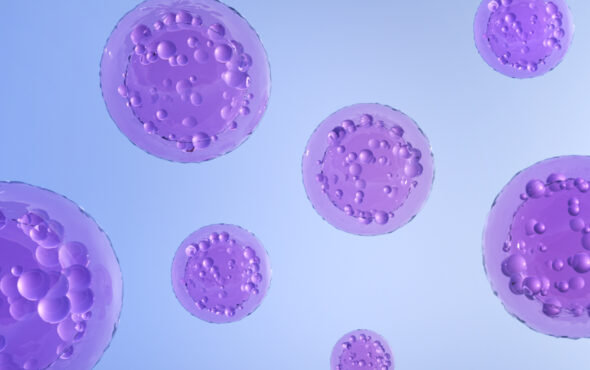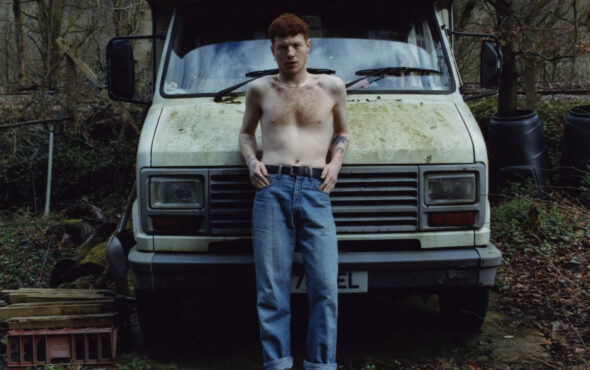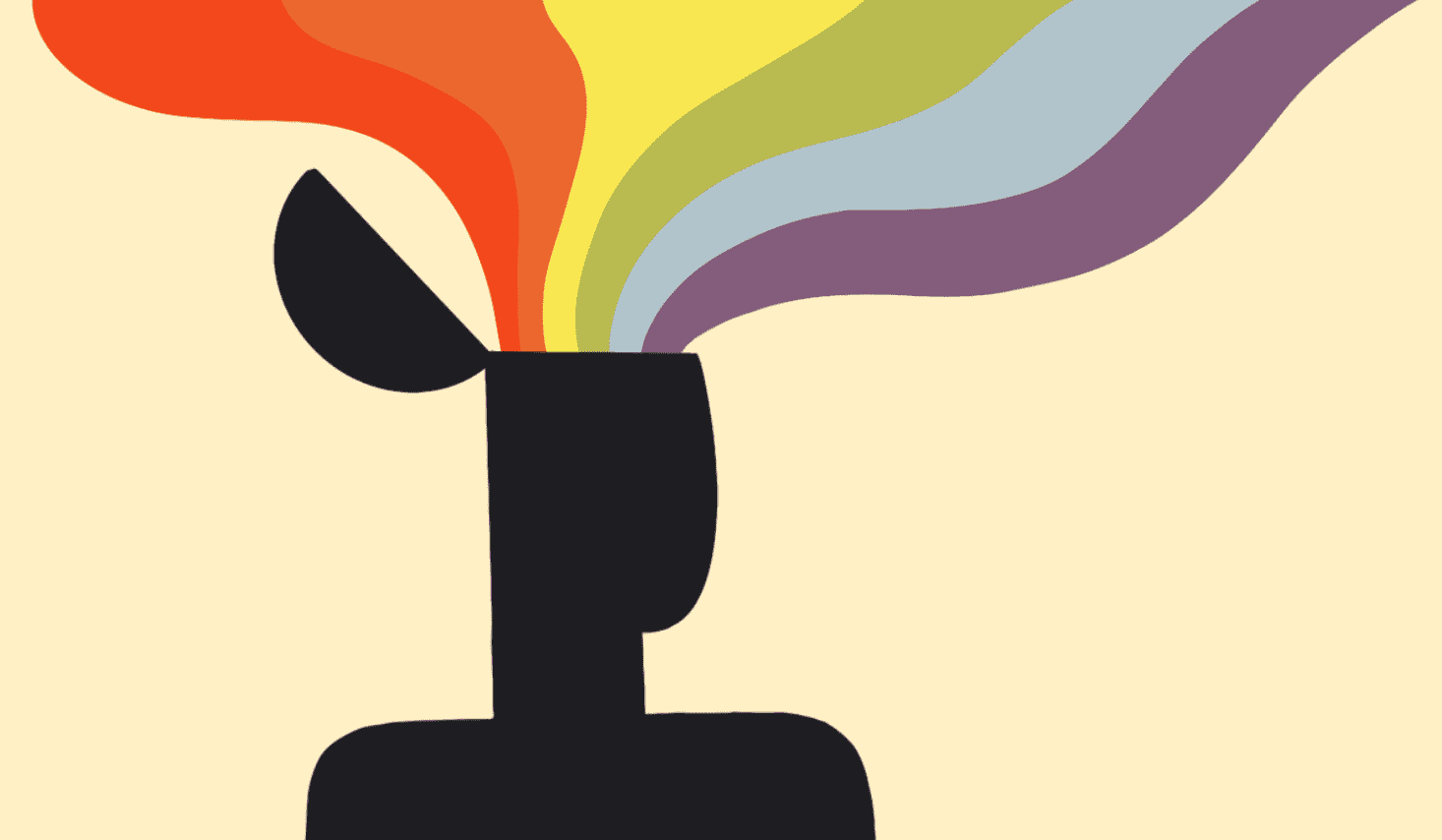
Growing up LGBTQIA+, we can often find ourselves navigating uncharted waters, facing the challenges of growing up in a world where being straight and cisgender is the norm. This journey can be one plagued by isolation, self-hatred or a desire to try to change ourselves so that we can better fit in with our peers, particularly at school.
All these feelings contribute to severe mental health struggles for young LGBTQIA+ people, as evidenced by Just Like Us’ research, which highlights that LGBTQIA+ young people are twice as likely as their non-LGBTQIA+ peers to have depression, anxiety and panic attacks, as well as worry about their mental health.
For me, my mental health struggles began in primary school. I felt like an island, cut off from the bustling mainland of my peers. To help fend off feelings of loneliness in this world, I ventured into new realms, from CS Lewis’ Narnia to Rick Riordan’s Camp Half-Blood.
What I loved about reading is that books allowed me momentarily to escape my reality and not worry about the challenges of growing up gay in a heterosexual world. However, books could only go so far in alleviating my mental health struggles.
Fortunately, the darkness of these early years gradually lifted as I met more and more LGBTQIA+ people who provided me with a sense of belonging and shared understanding of the struggles which we faced every day. These friends, combined with therapy, gave me a glimpse of a brighter horizon where I could be a gay man happily and openly.
I have seen firsthand the power that therapy can have, both as someone who has been through it and as someone who is now studying it. Therapy can provide us with the tools and means to navigate our journey of growing up as LGBTQIA+ people.
It offered me safe harbour, allowing me to better understand myself and, in turn, evolve as well as heal. However, I know that not everyone will be able to access resources like therapy, which makes positive representation in the classroom even more vital.
This is where organisations like Just Like Us come in, as they provide another avenue to help improve the experiences of young people. Ambassadors who volunteer with Just Like Us, the LGBTQIA+ young people’s charity, give talks in schools, sharing their own struggles and triumphs of growing up and hopefully helping LGBTQIA+ pupils sail a little more safely through the turbulent seas of adolescence.
Hearing personal stories from ambassadors can be very powerful for members of the LGBTQIA+ community in the audience, as they grapple with their own journey towards self-acceptance. It also is helpful for allies in the room to have a window into the lives of LGBTQIA+ people, so they can better understand the difficulties which some of their peers may face.
As a current Just Like Us ambassador, I have seen the positive impact that we, as an organisation, can have on young people. Reflecting on my own mental health journey, I understand the importance of helping young LGBTQIA+ people weather the storms of their teenage years.
So, this World Mental Health Day, let’s make sure that every LGBTQIA+ student knows that they are not alone on their voyage to becoming young adults who are living happy and authentic lives.
Rich volunteers as an ambassador for Just Like Us, the LGBTQIA+ young people’s charity. LGBTQIA+ and aged 18 to 25? Sign up here!
